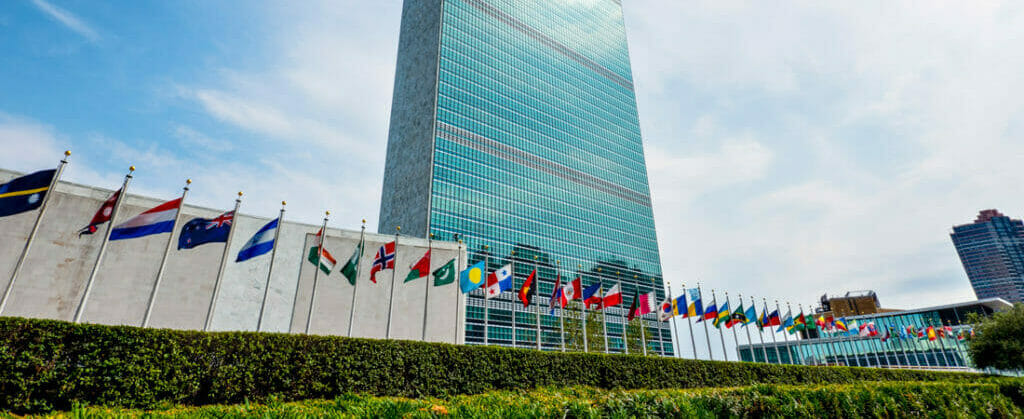Humanity’s exploration of outer space has delivered enormous benefits for communication, navigation, scientific discovery, and sustainable development. Yet the prospect of outer space becoming the next arena of military competition poses mounting risks for international security, satellite safety, and the long-term sustainability of the space environment. The development and testing of anti-satellite (ASAT) weapons, alongside the broader militarization of outer space, could destabilize relations between major powers, generate dangerous clouds of debris, and threaten the future viability of outer space for peaceful purposes.
These risks have multiple dimensions. Security risks include the possibility of armed confrontation or escalation if space assets belonging to one country are targeted by another country. Safety risks arise from collisions or debris caused by ASAT tests or accidents, which can damage satellites critical for telecommunications, navigation, weather forecasting, disaster response, and global financial networks. Sustainability risks involve the long-term danger of the “Kessler Syndrome,” in which cascading collisions render low Earth orbit unusable for decades. These developments not only endanger peace and security but also impose enormous economic costs: the loss of satellites worth billions of dollars; disruption to GPS-based services that underpin aviation, shipping, and land transport networks; potential interruptions to global financial systems that rely on satellite timing; and the high expenses associated with debris mitigation measures—such as tracking hazardous fragments, maneuvering satellites to avoid them, or investing in active debris removal and replacement of damaged space infrastructure.
The international community has long sought to prevent such an outcome. The 1967 Outer Space Treaty (OST) laid the foundation for space governance by requiring the peaceful use of outer space, banning the placement of weapons of mass destruction in orbit, affirming that space is the “province of all humankind,” and prohibiting the appropriation of celestial bodies—meaning no state can claim ownership of the Moon, planets, or asteroids by sovereignty, occupation, or any other means. This principle ensures that outer space remains a global commons, open to exploration and use by all nations. Building on this foundation, the 1972 Liability Convention established that states are liable for damage caused by their space objects to other states, while the 1975 Registration Convention created transparency mechanisms by requiring states to provide information on space objects launched into orbit.
Despite these efforts, the rapid pace of technological development and deteriorating geopolitical conditions have exposed gaps in the existing regime. Dual-use technologies make it difficult to distinguish between peaceful and military systems, while fundamental disagreements persist over definitions, verification, and the scope of possible new treaties. Meanwhile, unilateral ASAT tests and counterspace programs designed to disrupt, degrade, damage, or destroy an adversary’s space assets or systems continue to raise tensions.
Recognizing these challenges, the UN General Assembly has mandated multiple initiatives to advance governance of outer space security. These include successive Groups of Governmental Experts (GGEs) examining elements of potential legally binding instruments, and since 2021, several Open-Ended Working Groups (OEWGs) exploring norms of responsible behavior, transparency, and confidence-building measures (TCBMs). Most recently, pursuant to Resolution 79/512 (2024), these processes were merged into a new OEWG tasked with advancing both legally binding and non-binding approaches to prevent an arms race in outer space.
For the First Committee, key priorities now include:
- developing common understandings on fundamental definitions;
- elaborating verification approaches that can function despite the dual-use nature of space technology;
- strengthening transparency and confidence-building measures; and
- ensuring equitable participation by all states, including developing countries and private sector actors.
Ultimately, safeguarding outer space as a peaceful domain requires recognizing space security as a shared global responsibility. Preserving space for future generations will demand unprecedented international cooperation to prevent its militarization and guarantee its sustainable use for the benefit of all humankind.


